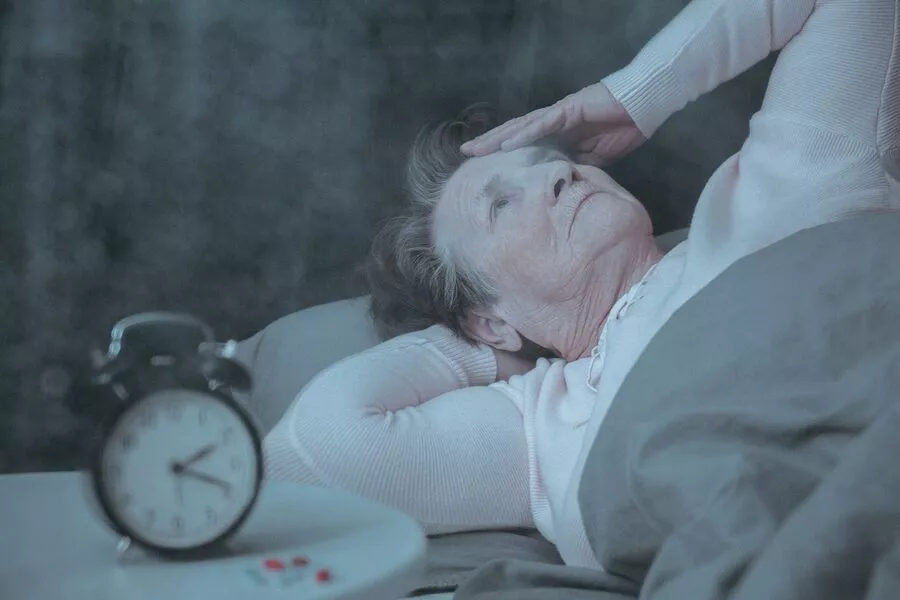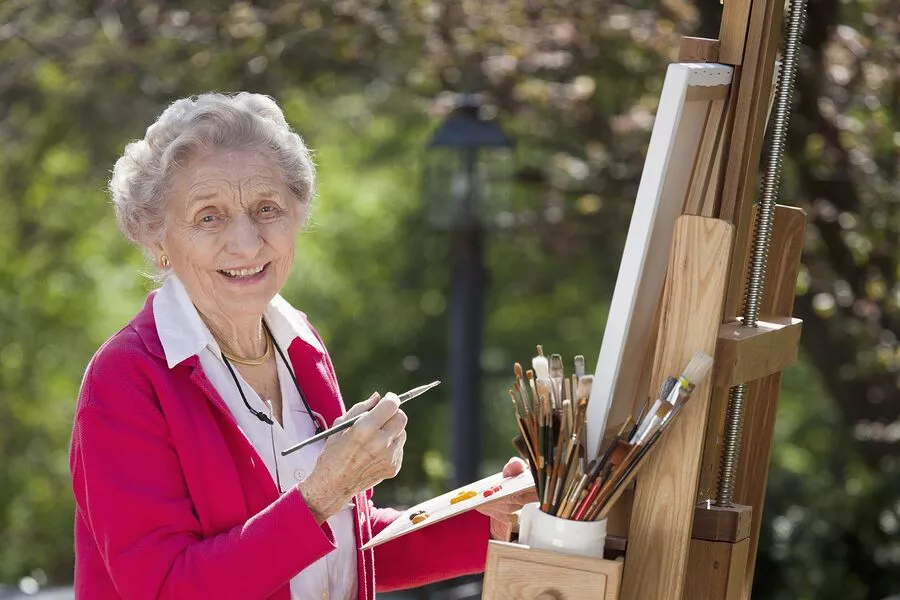Caring for someone who has Alzheimer’s disease can be tough. They experience all sorts of issues including sleeping issues. Many people who have this disease have trouble falling asleep or staying asleep. There are many reasons for this that you and their caregivers should be aware of.
Trouble Sleeping
Your elderly loved one might have trouble sleeping. If you have noticed they have had changes in the way that they fall asleep or stay asleep, it is time to find out what the issue might be. The first thing to note is that this disease, alone, can cause people to have trouble sleeping. There is something in their brain that causes sleep disruptions. It could be they are feeling restless or anxious before going to bed. Whatever the issue might be, these troubles sleeping should be addressed.
You should pay attention to how your loved one is behaving. Pay attention to how they are acting before bedtime. If they seem anxious about something, find a solution for their anxiety. You should also be sure that your loved one gets ready for bed 15 – 30 minutes before their bedtime. This way they can get laid down and situated before it is time to fall asleep.
Sundowning Syndrome
Sundowning is when your elderly loved one displays negative behaviors around sundown and through the night. Sometimes there are medications that the doctor will prescribe to help manage the sundowning symptoms.
You should also make sure your loved one’s sleeping environment is as comfortable as possible. Increasing the activities they do during the day can help to tire them out for nighttime, as well. Lastly, you and your loved one’s caregivers should make sure they don’t have electronics during the evening or nighttime.
Hallucinations
Your loved one might also experience hallucinations that make it difficult for them to fall asleep. They may see things in their bedroom that make them scared to fall asleep. It might seem as if the shadows are strangers in their house. This can be very frightening for your elderly loved one.
If your loved one is experiencing hallucinations, the first thing to do is make sure they talk to their doctor about it. In addition, you should make sure the corners of their rooms are lit. This will prevent them from seeing things in the dark. You should also make sure there aren’t any noises that could be deemed as scary throughout the home at nighttime.
These are some of the sleeping issues that your elderly loved one might have with Alzheimer’s disease. Be sure you and their caregivers do your best to understand what they are going through and help them in any way that you can.
Sources
https://www.nih.gov/news-events/nih-research-matters/sleep-deprivation-increases-alzheimers-protein
https://www.nia.nih.gov/health/6-tips-managing-sleep-problems-alzheimers
When you are in need of care for a senior loved one, consider caregivers provided by Golden Heart Senior Care. We have offices nationwide.





